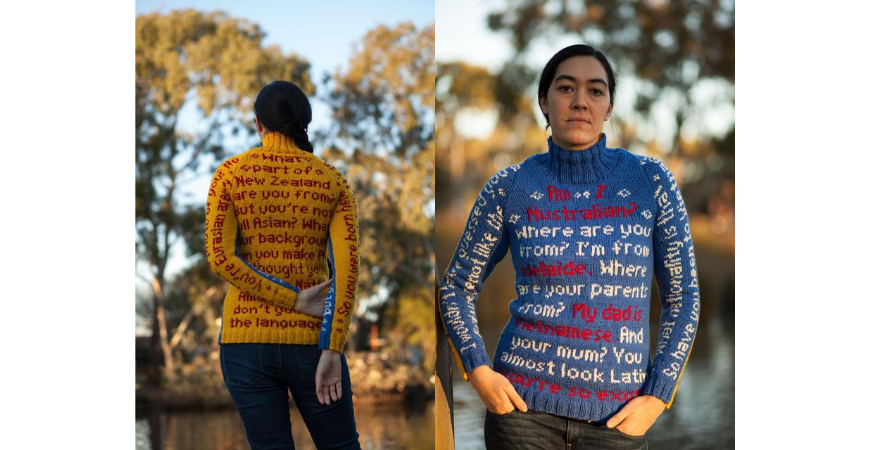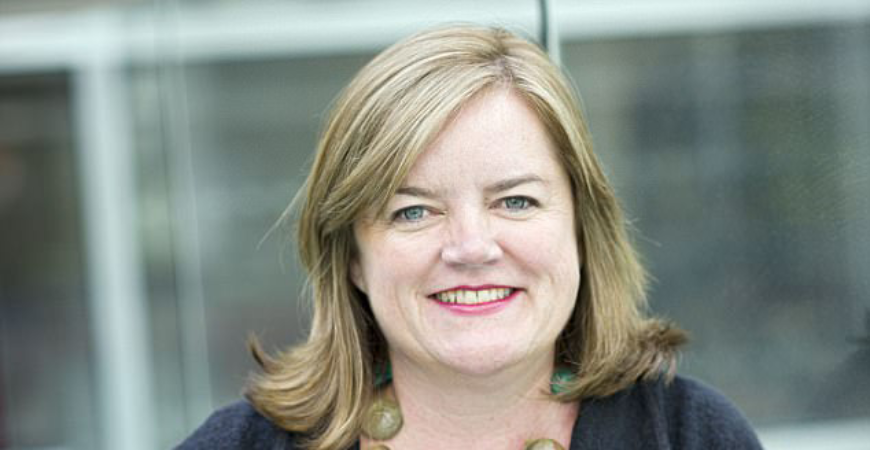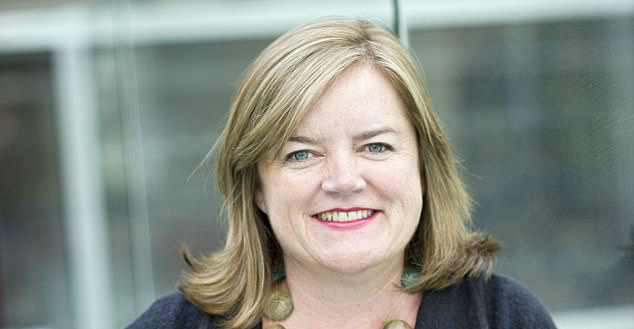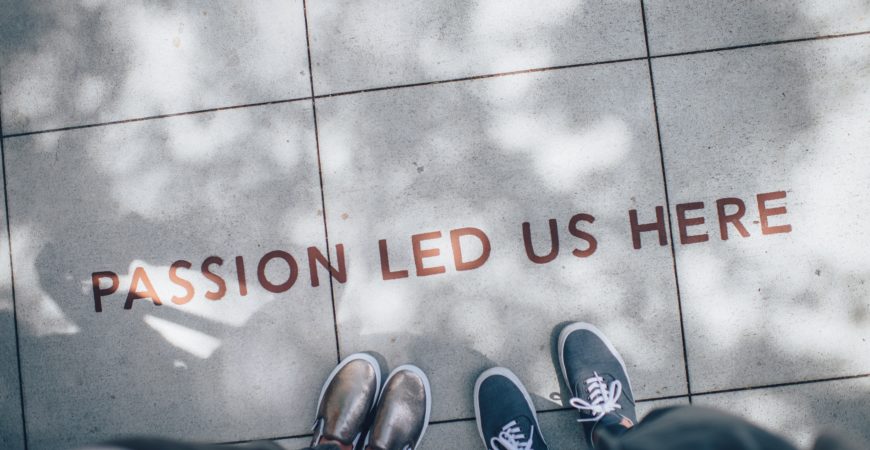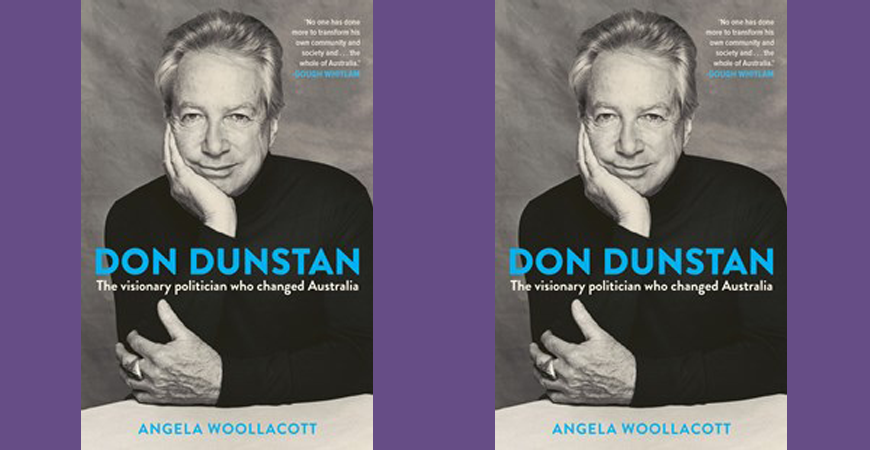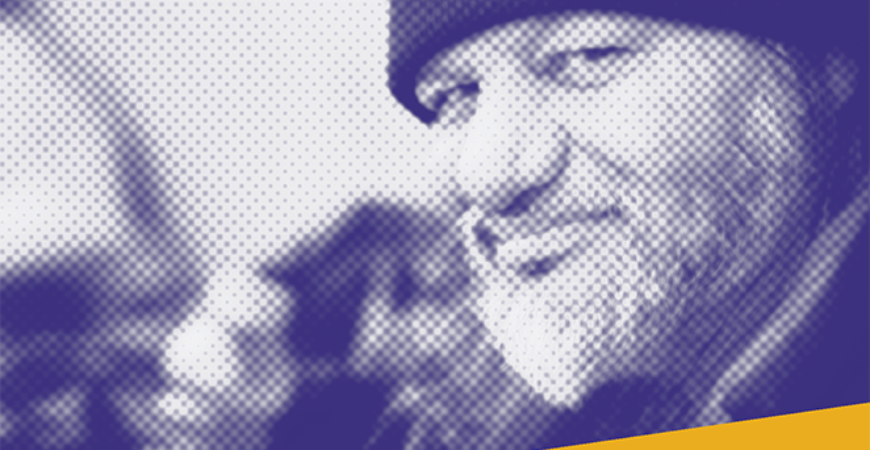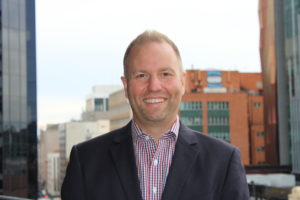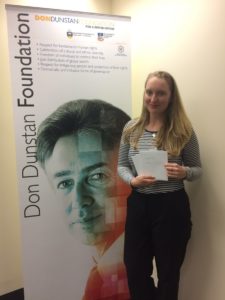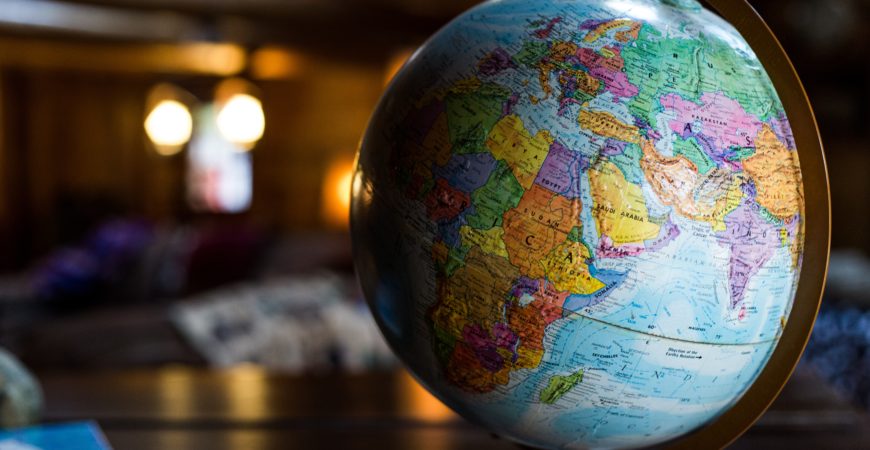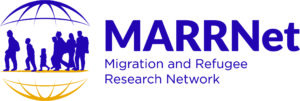Adelaide Zero Project milestone – over 500 South Australians housed
Through the collective efforts of partners in the Adelaide Zero Project, including government agencies, over five hundred South Australians who were sleeping rough in Adelaide’s inner city have been housed.
This record comes as the Project aims to reduce homelessness in Adelaide’s CBD by up to 30 per cent by April 2021.
Adelaide Zero Project Co-Chair, Louise Miller Frost, said that this was a significant moment for the Project but also an opportunity to refocus our goals moving forward. “This is an important milestone. Over two years, the Adelaide Zero Project has helped support and house 500 South Australians doing it tough,” Ms Miller Frost said.
“Building on this achievement, we’re refocussing our efforts to ensure we don’t take our foot off the accelerator. By April 2021, we hope to have less than 140 South Australians on our By-Name List experiencing homelessness in Adelaide’s inner-city. Given the challenges our community is facing, this goal is ambitious but it can be done.
“This includes increased capacity for specialised support, so we can better assist those experiencing long term or multiple episodes of homelessness along with Aboriginal people, young South Australians and veterans.”
The Minister for Human Services Michelle Lensink said the Marshall Liberal Government, in partnership with service providers, had worked hard to house 250 South Australians experiencing homelessness during the COVID-19 pandemic.
“To successfully help so many people so quickly off the street and into a longer-term home is a remarkable achievement,” said Minister Lensink.
“The fact that we have been able to house so many South Australians through organisations working closely together indicates we are on the right path to making an impact on reducing street homelessness.
“The Marshall Liberal Government remains committed to ensuring we continue to prevent people falling into homelessness and supporting more people into safe, stable and long-term housing is a key focus.”
Adelaide Zero Project has worked with Jake Maguire of US-based organisation, Community Solutions, who have helped 16 communities to achieve functional zero homelessness.
“Adelaide should be commended for its nation-leading efforts to end homelessness, starting with this milestone of housing over 500 people. Other communities in Australia who are using similar count-up or count-down methods are yet to achieve this milestone in such a short period of time and are keenly watching their peers in Adelaide with admiration,” Jake Maguire, Principal, Community Solutions.
Since 2018, the Adelaide Zero Project has developed comprehensive and quality data on rough sleeping through Adelaide’s first Connections Week and the By-Name List, a live list of the names and needs of those experiencing homelessness in the inner city.
As of 30 November 2020, AZP has housed 508 people across the project’s lifetime. However, there are currently 201 people actively homeless, including 110 people sleeping rough. These are numbers on which the Adelaide Zero Project partners will continue to work together in 2021.


